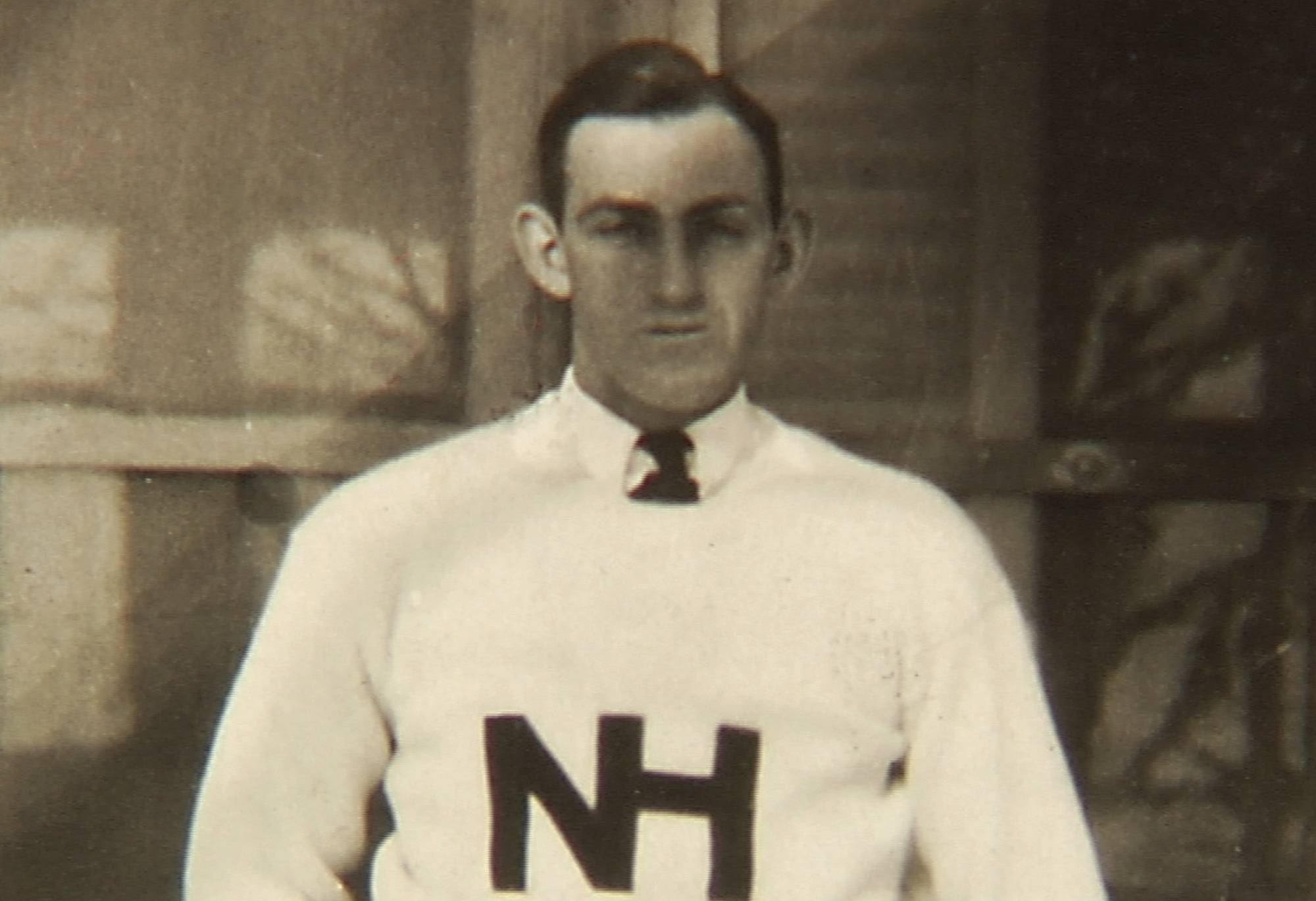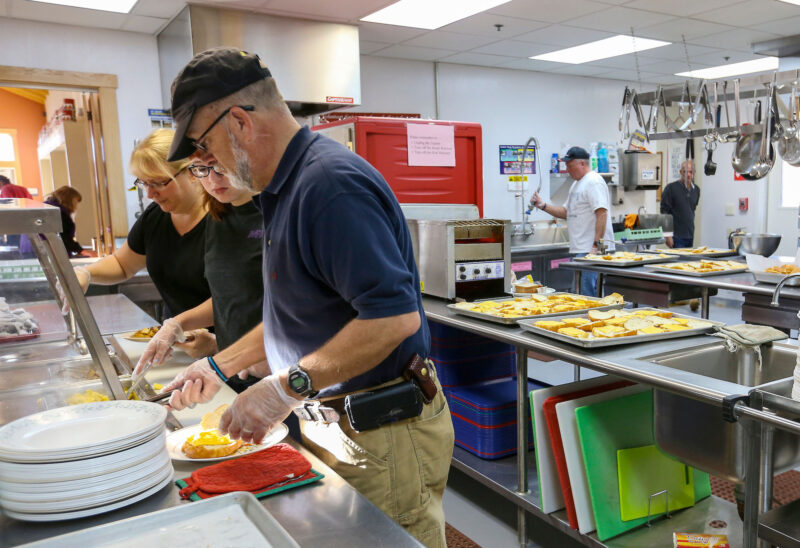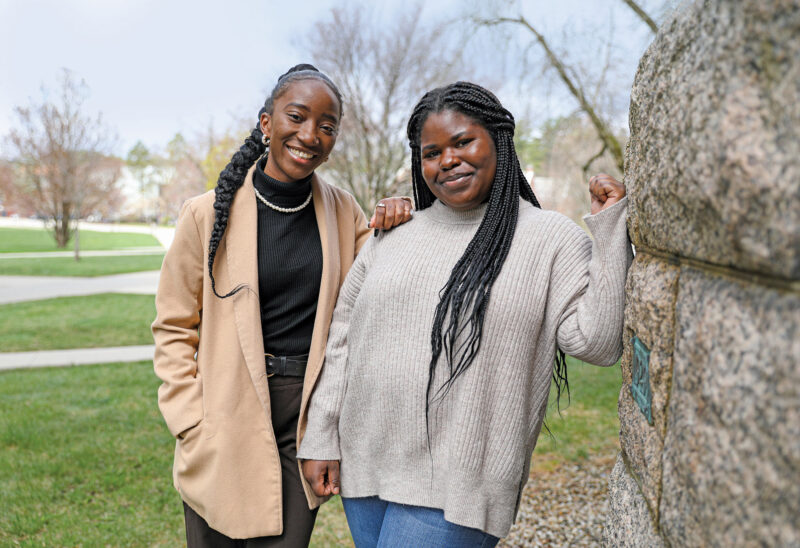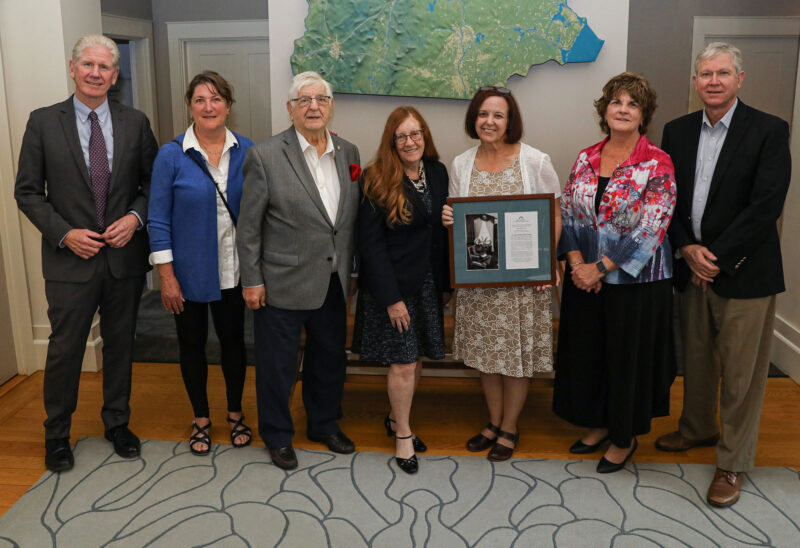By Jim Collins
Oliver Hubbard lived his entire life — aside from serving in World War I and attending the University of New Hampshire — in the Monadnock Region town of Walpole. He turned a Boy Scout project raising hens into a family-owned, multi-national, poultry research and breeding company, and never forgot his roots.
He was a particular breed of New Hampshire citizen: a moderate Republican concerned about social welfare; a modest, hard-working, frugal farmer-turned-businessman who, in his 90s, slept on a first-floor cot in his village home because it was painful to climb stairs, even though he could have easily afforded a new downstairs bedroom. “What a waste of money that would be,” he’d tell people. “I could die tomorrow!”
He put his money where his values were, quietly, without fanfare or even attribution. He was from an older school, an upright gentleman who felt his wealth was a windfall that wasn’t wholly earned, and therefore wasn’t wholly his to spend. He read an article about the ravages of addiction among young people, and couldn’t get it out of his head. He was upset that the state of New Hampshire profited from selling alcohol — yet had no state-funded prevention or treatment programs for addiction.
He talked with his attorney and financial advisor Charles DeGrandpre about how he might help — not simply to dole out money to existing programs or centers, but how to create a difference at the public policy level, how to “actually change the curve.” DeGrandpre brought Hubbard’s wishes to the Charitable Foundation, and resulting effort was unprecedented: A broad advisory group brought together the state attorney general, director of prisons, experts in prevention and treatment, academic researchers, physicians, people in recovery, Republican and Democratic legislators, eventually a national consultant from the Robert Wood Johnson Foundation.
The group set in motion an ambitious range of initiatives, including grantmaking, innovative collaborations, primary research, and relentless advocacy. During the early phases, while Oliver Hubbard was still living and the fund remained anonymous, the state legislature — against all history — voted to earmark some of the revenues from liquor sales for prevention programs. Then-attorney General Philip McLaughlin said, “If I knew who the donor was who made this possible, I’d go up to him and give him a kiss.”
At times, discouraged, Oliver Hubbard wrote letters by hand to the Foundation, worried that one person couldn’t possibly make a difference in such a pervasive, deep-seated problem as addiction. But he also saw moments when the curve slowly changed. He added more funding — donating a total of $43.5 million. When he died in 2001 at the age of 101, the fund was named in his honor.
Oliver Hubbard’s fund has already granted out some $42 million and leveraged tens of millions of private, state, and federal dollars. In the fall of 2011, the Foundation made a 10-year commitment to focusing on youth substance-use prevention efforts — a long-term approach that only a well-funded private organization could contemplate. The kind of commitment needed to change the curve for good on such a complex social problem.
And one person made the difference.








![Oluwakemi Olokunboyo of Dover received a McNabb scholarship to study nursing at Great Bay Community College [Photo by Cheryl Senter]](https://www.nhcf.org/wp-content/uploads/2024/05/Scholarship-Hero-800x548.jpg)
![Indrika Arnold, Senior Wealth Advisor, the Colony Group [Photo by Cheryl Senter]](https://www.nhcf.org/wp-content/uploads/2024/05/Indrika-Arnold-Hero-800x534.jpg)



![Charitable Foundation President Dick Ober [Photo by Cheryl Senter]](https://www.nhcf.org/wp-content/uploads/2023/12/dick-ober-purpose-fall-winter-2023-800x548.jpg)





